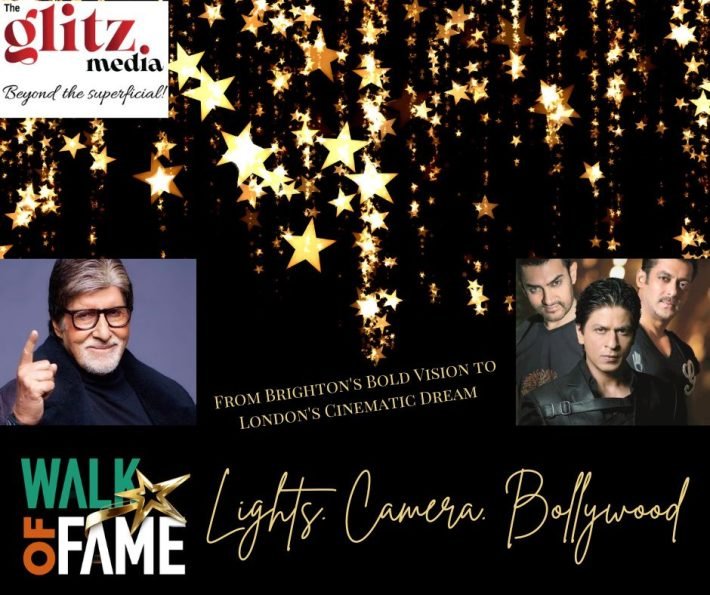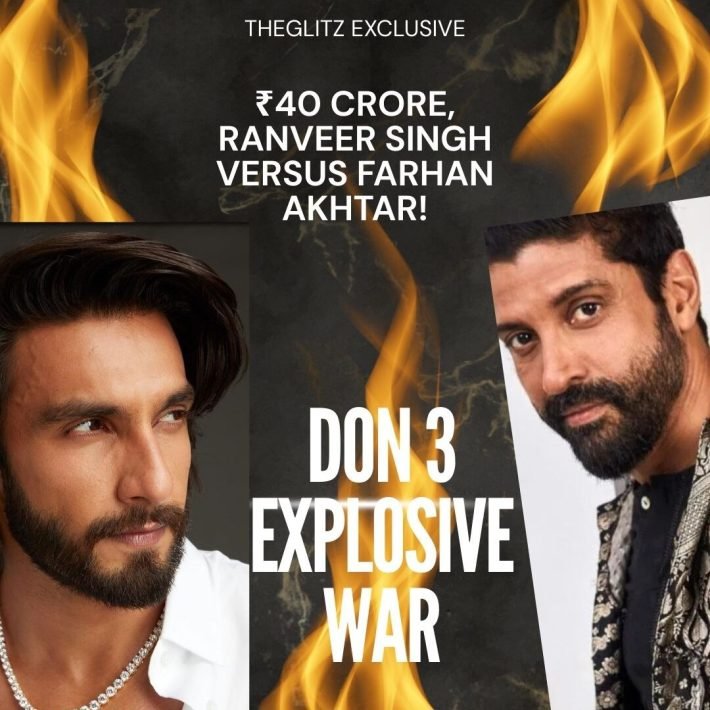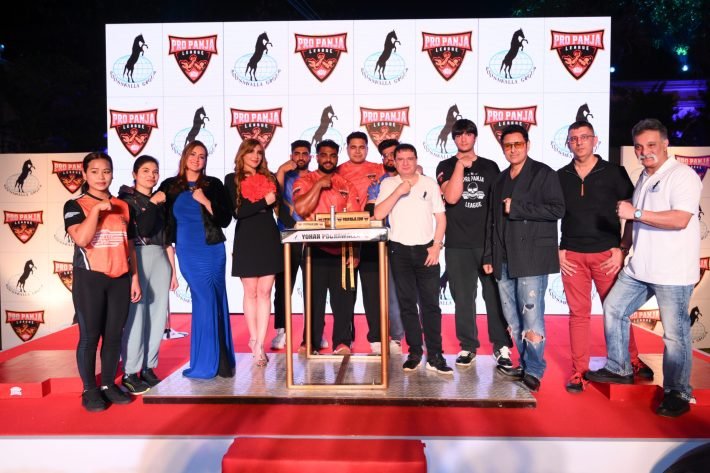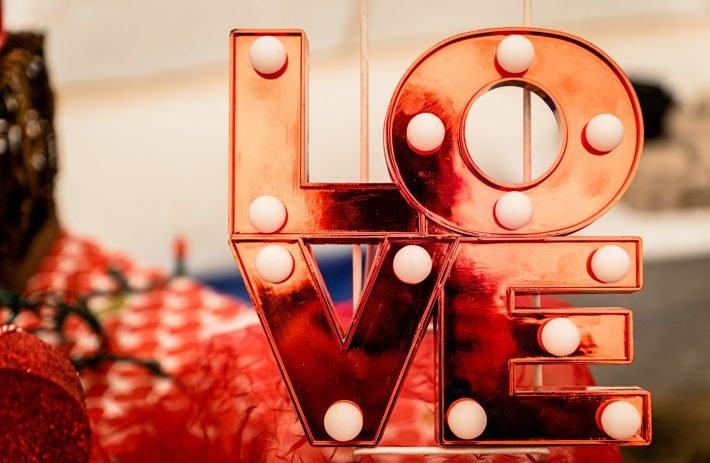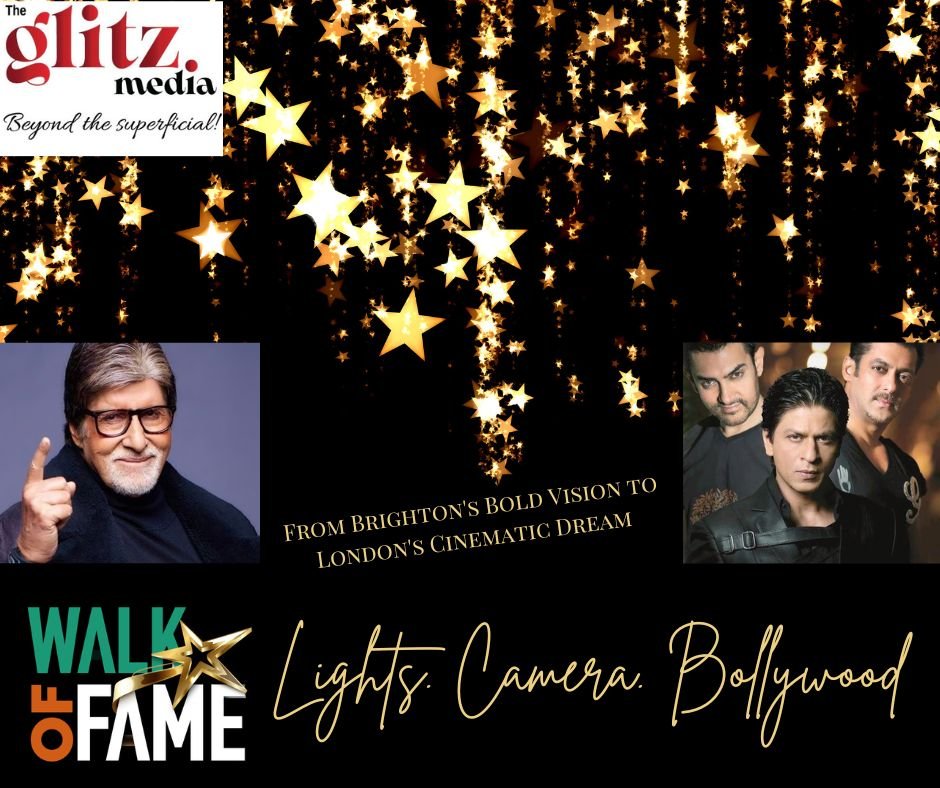Explore the dark realities of cricket in India and delve into the underbelly of the sport, from match-fixing to doping, in the explosive Audible podcast ‘The Dark Side of Cricket’ this IPL season with lesser-known facts about what goes on beyond the pitch. In this gripping podcast, host Parthshri Arora engages in thought-provoking discussions with various stakeholders to uncover the controversies and disparities that lurk beneath the surface of this revered sport, treated as a religion in India, where cricketers are often associated with Gods, but controversies and challenges persist.
Objectification and Harassment of IPL Cheerleaders
IPL cheerleaders have confessed in interactions with the media and personal blog posts that they have been subjected to sexual advances and objectification during cricket matches. In 2015, the Chennai Super Kings cheerleaders were harassed by more than a dozen local cops without a warrant at a hotel and were questioned for an hour by them. Such instances are not limited to India alone, the New York Times had conducted interviews with several cheerleaders who confessed to being groped and being victims of sexual assault. A South African cheerleader Gabriella Pasqualotto once revealed in her explosive personal blog “We are practically like walking porn, these cricketers are the loosest and most mischievous I have come across, I have a long while still here. So I must remember my tip list- beware of the cricketers here.”
Pay Disparity Between Men and Women’s Cricket
In the world of Indian cricket, the disparity between male and female players is not just glaring but also deeply ingrained. The BCCI operates on a gradation system, where long-term contracts are awarded to players based on their performance. However, while male cricketers enjoy lucrative A+ grade contracts worth INR 7 crores per year, female cricketers don’t even have an A+ grade as part of their gradation system. The gap in pay is staggering, with Grade A male cricketers earning INR 5 crores per year, while their female counterparts receive a mere INR 50 lakhs for the same grade. Our women cricketers are not just treated differently in terms of salary but also access to basic facilities like food and annual promotions. Ananya Upendran, a former first-class player, spent 20 years playing the game and has been writing about it for the last 7 years. Ananya in conversation with podcast moderator Parthshri Arora reveals that they were often told, “You need to be successful before we pay attention to you.”
Limited Opportunities for Women in Indian Cricket, a Stark Contrast to Male Counterparts
The post-retirement phase for male cricketers seems to be a golden time, with lucrative positions at government offices providing them with lifetime pensions. Renowned names like Kapil and Dhoni hold the esteemed rank of Lieutenant Colonel in the Indian Army, while KL Rahul serves as an assistant manager with RBI. Sachin Tendulkar was recently honored as the Group Captain of the Indian Air Force. However, when it comes to women cricketers, opportunities are limited, with Indian Railways being the only company offering them employment. Notably, Mumbai Cricket Association is making efforts to empower former women players by encouraging them to take cricket courses. One such example is Vrinda Rathi, who has successfully transitioned into umpiring and is now a rare Asian woman on the ICC Development Panel of Umpires. Jhulan Goswami is also breaking barriers as she recently assumed the role of Bowling Coach Consultant for the women’s cricket team.
Underrepresentation of Backward Castes in Indian Cricket
The skewed representation in Indian cricket is evident, with Brahmins and the upper class constituting a staggering 33% of the team, despite comprising only 4% of the country’s population. Shockingly, in the entire history of Indian cricket, only three Dalits, namely Eknath Solkar, Karsan Gavri, and Vinod Kamble, have had the opportunity to play internationally for the country. This dismal statistic highlights the abysmal presence of Dalits in cricket, with just a handful of cricketers over the span of 100 years. Shedding light on this issue, journalist Boria Majumdar shared in the International Journal of History of Sport that the shift in patronage from the Queen to corporate houses post-Independence resulted in a decline in Dalit participation in the sport.
The Indignity of Labour in the Sport
While cricket as a game generates massive wealth, the on-ground labor who toil tirelessly to prepare the pitches are left with meager paychecks. According to a report by TOI, the gap is astonishing. A decade ago, Indian cricketers used to earn over INR 1.5 crores from the BCCI, and Ranji trophy cricketers could take home INR 12 lakhs per year. Even umpires used to pocket INR 4-5 lakhs annually. However, shockingly, ground workers today still earn a paltry 15-20K per month, painting a stark picture of inequality in the world of cricket. Vijay Tambe, a former groundworker at Mumbai’s Wankhede Stadium for 30 years shares his experience with Parthshri Arora, “When I started, I used to earn a basic pay of INR 5K which increased to 10-12k and when I left in 2016, I earned INR 35K. I had to manage my expenses with this salary. When my daughter went to college, I was depressed but I somehow managed by spending frugally.”


